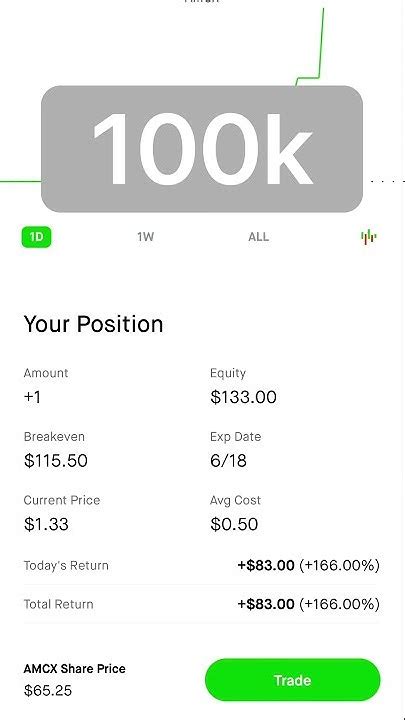How To Buy a Ford Options Contract: A Comprehensive Guide
Buying Ford options contracts can be a lucrative strategy for savvy investors, but it's crucial to understand the process and risks involved before diving in. This guide will walk you through the steps of purchasing Ford options contracts, explaining the terminology and strategies along the way. Remember, this is for informational purposes only and not financial advice. Consult with a financial professional before making any investment decisions.
Understanding Ford Options Contracts
Before buying, you need to grasp the basics. A Ford options contract gives you the right, but not the obligation, to buy (call option) or sell (put option) a specific number of Ford shares (usually 100) at a predetermined price (strike price) on or before a specific date (expiration date).
Key Terminology:
- Underlying Asset: Ford Motor Company (F) stock.
- Call Option: The right to buy Ford stock at the strike price.
- Put Option: The right to sell Ford stock at the strike price.
- Strike Price: The price at which you can buy or sell the shares.
- Expiration Date: The last day the option is valid.
- Premium: The price you pay to buy the option contract.
Steps to Buying a Ford Options Contract
Here’s a step-by-step guide on how to purchase a Ford options contract:
1. Open a Brokerage Account
You'll need a brokerage account to trade options. Choose a reputable broker that offers options trading and provides educational resources. Many brokers offer online platforms with tools to help you research and manage your options trades.
2. Research Ford Stock and Options
Thoroughly research Ford's financial performance, news, and industry trends. Analyze charts and understand the factors that might influence the stock price. Identify potential support and resistance levels that could impact your options strategy. Look at the options chain for various strike prices and expiration dates to find contracts that align with your investment goals and risk tolerance.
3. Choose Your Options Strategy
Determine whether you want to buy a call or put option.
- Call Option: Buy if you believe Ford's stock price will rise above the strike price before the expiration date.
- Put Option: Buy if you believe Ford's stock price will fall below the strike price before the expiration date.
Consider different strategies like buying in-the-money, at-the-money, or out-of-the-money options, each carrying varying degrees of risk and potential reward.
4. Select Your Contract Specifications
Based on your strategy, select the specific option contract:
- Strike Price: Choose a strike price that reflects your price prediction.
- Expiration Date: Select an expiration date that aligns with your outlook on Ford's stock price movement. Shorter-term options are generally cheaper but riskier.
5. Place Your Order
Use your brokerage platform to enter your order specifying the contract details (ticker symbol, strike price, expiration date, number of contracts, and whether it's a call or put). Review your order carefully before submitting it.
6. Monitor Your Position
After purchasing the contract, monitor its value and the underlying Ford stock price. Be prepared to manage your position by adjusting your strategy or closing the position before the expiration date if needed.
Risks and Considerations
Options trading involves significant risk. The price of the option contract can fluctuate drastically, and you could lose your entire investment. Never invest more money than you can afford to lose.
Key Risks:
- Time Decay: Options lose value as they approach their expiration date.
- Volatility: Changes in the volatility of Ford stock can significantly impact option prices.
- Market Risk: Overall market downturns can negatively affect Ford stock and your option position.
Conclusion
Buying Ford options contracts can be a powerful tool for investors, but it's crucial to understand the associated risks. Thorough research, a well-defined strategy, and disciplined risk management are essential for success in options trading. Remember to consult with a financial advisor before making any investment decisions.
